History
CONF-MSS 2023
The International Conference on Mechatronics and Smart Systems (CONF-MSS 2023) was a hybrid conference which includes several workshops (offline and online) around the world. Dr. Seyed Ghaffar from Brunel University London, Dr. Marwan Omar from Illinois Institute of Technology, Dr. Alan Wang from University of Auckland, Dr. Sajjad Seifi Mofarah from University of New South Wales (UNSW), and Dr. Anil Fernando from University of Strathclyde have chaired these workshops on related topics. CONF-MSS 2023 provided the participants with good opportunities to exchange ideas and build networks, and it will lead to further collaborations between these universities and other societies.
Workshop
Brunel University London, UK
Workshop Chair: Dr. Seyed Ghaffar, Associate Professor in Brunel University London
The workshop started with an introduction given by the Chair and the attendees were around 50. The workshop was being recorded and the attendees were allowed to ask questions during the presentation. The outline of the workshop was the following:
- Transformation of the construction industry
- Introduction to digital fabrication
- Low-carbon concrete
- 3D printing of low carbon concrete
- Sustainability and LCA of 3D printing in construction
The topic of the workshop was of interest to the attendees as reflected by their questions during the workshop. The main points and key takeaway point of the workshop was about the need for creative ideas and thinking outside of the box to solve and combat the global challenges which the built environment is facing. Digital fabrication can potentially transform the way building environment constructs and with the use of low-carbon materials, sustainable development is within reach.
Access to Workshop:
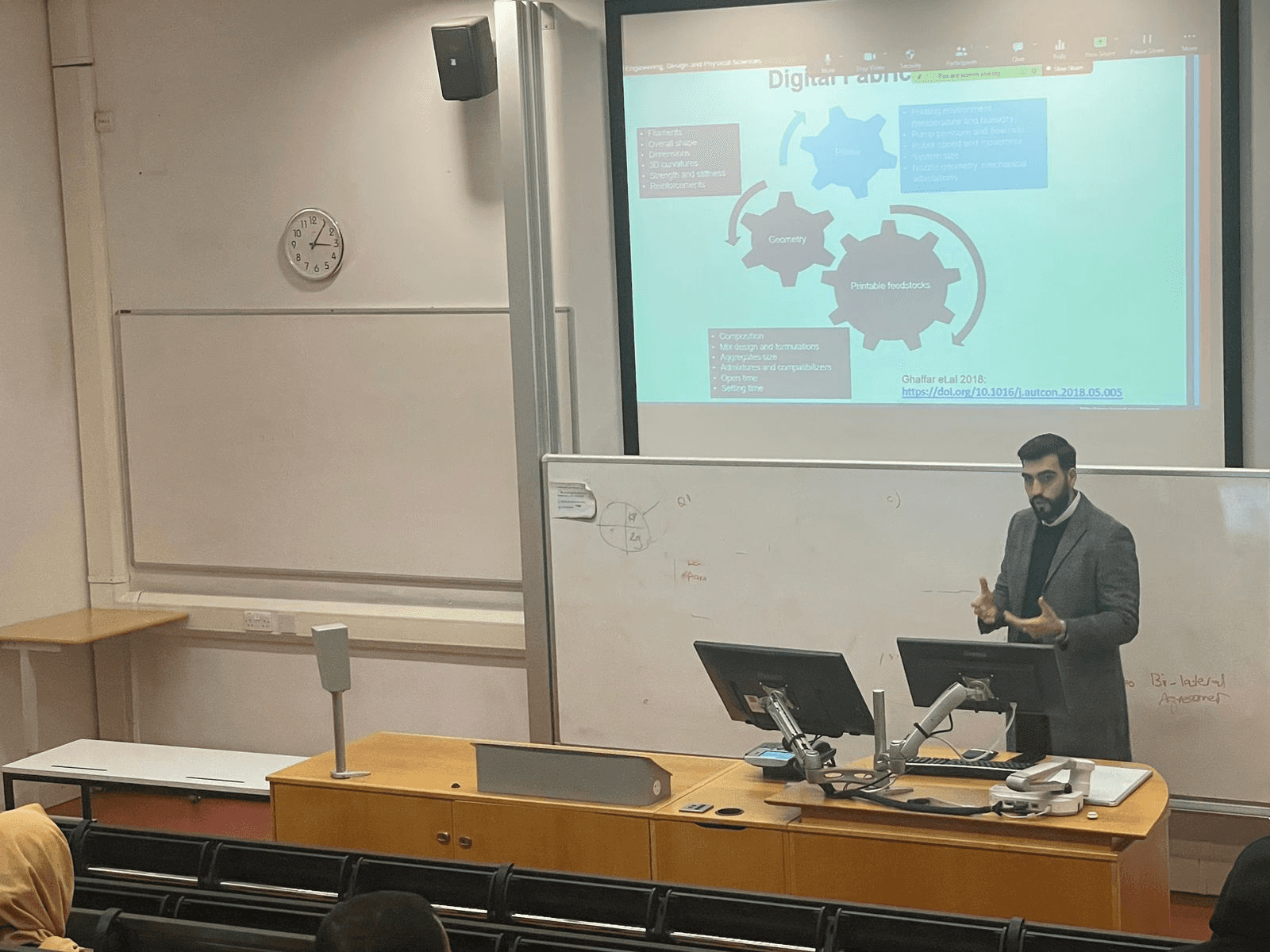
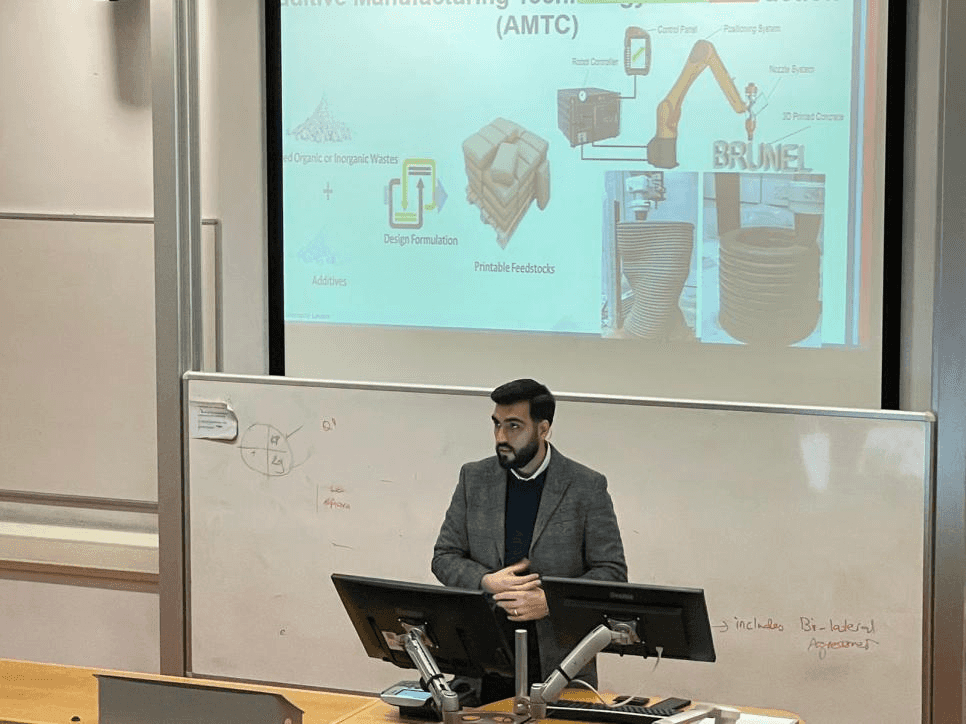
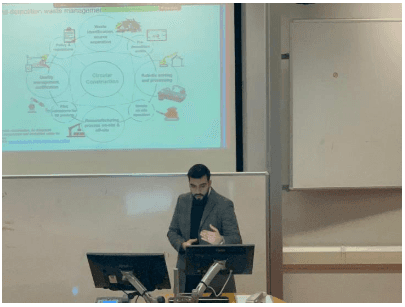
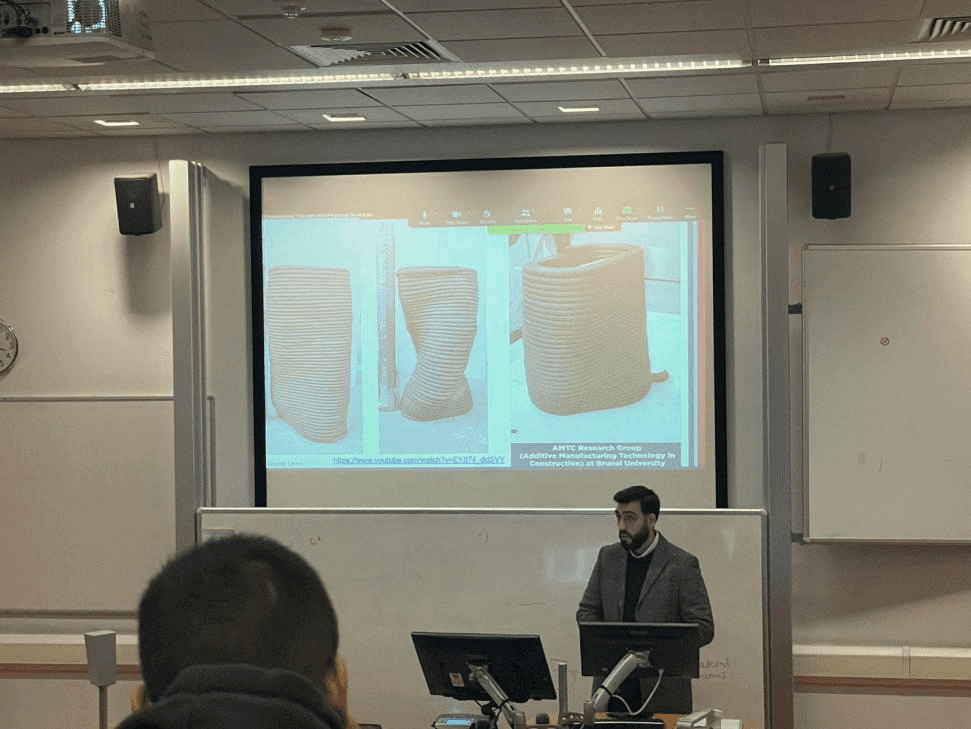
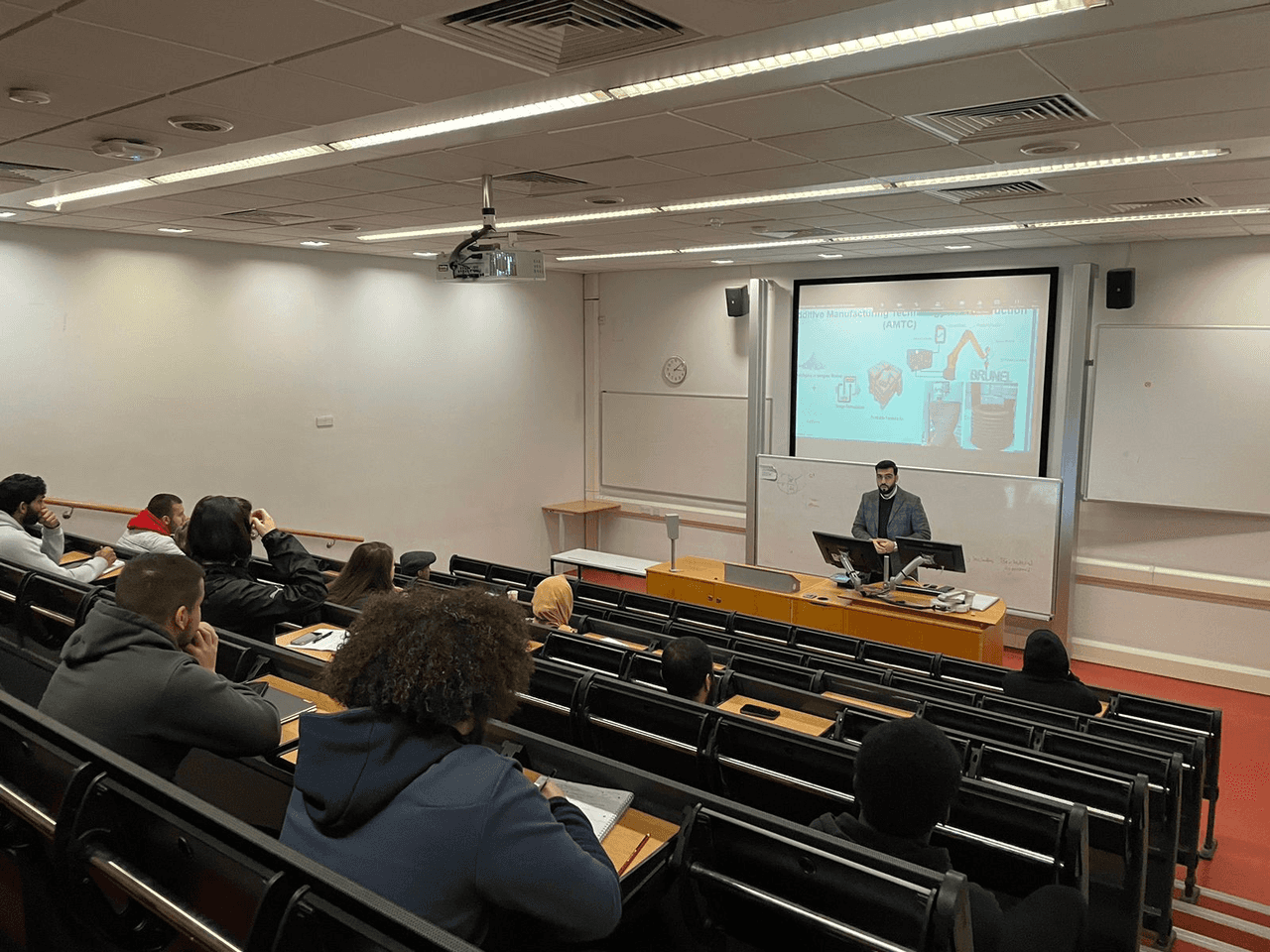
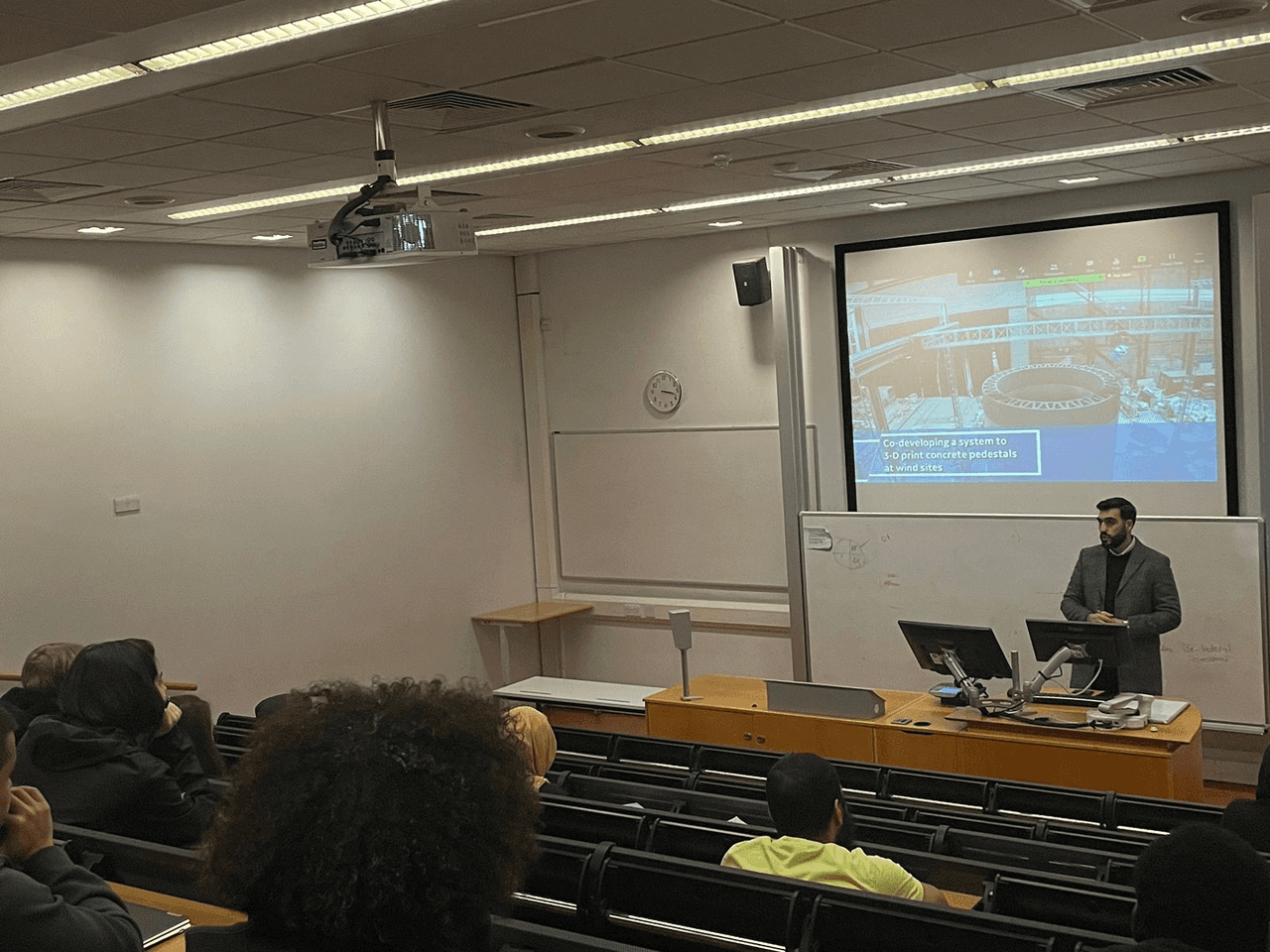
Illinois Institute of Technology, USA
Workshop Chair: Dr. Marwan Omar, Associate Professor in Illinois Institute of Technology
Reverse engineering malware is a critical skill for cybersecurity professionals, and a workshop on this topic can provide attendees with the knowledge and tools necessary to identify and combat malware threats. The workshop typically covers topics such as the basics of malware analysis, reverse engineering techniques, and tools used in the process.
Attendees will learn how to use tools such as disassemblers, debuggers, and decompilers to analyze malware samples and understand their behavior. They will also gain an understanding of common malware types and their methods of propagation, including viruses, worms, trojans, and ransomware. The workshop may also cover topics such as memory forensics and code obfuscation, which are advanced techniques used to analyze and combat more sophisticated malware threats. Attendees will learn how to identify and analyze malicious code, identify system changes made by malware, and detect any attempts to evade detection.
Throughout the workshop, attendees will have the opportunity to practice their skills by analyzing real-world malware samples. By the end of the workshop, attendees will have a better understanding of how malware operates, how to identify and analyze it, and how to develop strategies for mitigating the risks posed by malware threats.
Overall, a workshop on reverse engineering malware is an essential training opportunity for cybersecurity professionals looking to stay ahead of the evolving threat landscape. With the skills and knowledge gained from this workshop, attendees will be better equipped to identify, analyze, and respond to malware threats, ultimately helping to protect their organizations from cyber attacks.
Access to Workshop:
CONF-MSS 2023 Workshop -- Chicago - YouTube
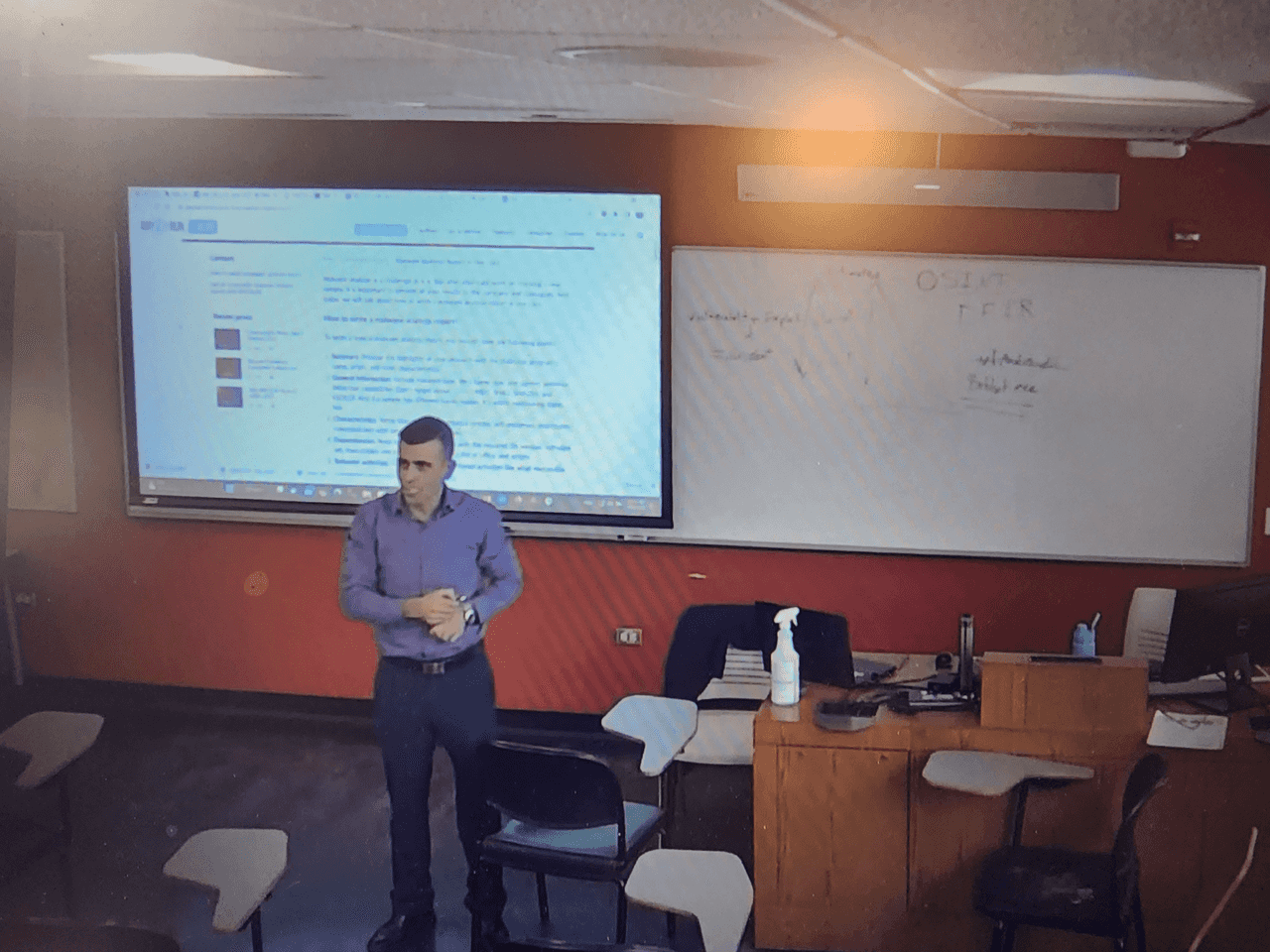
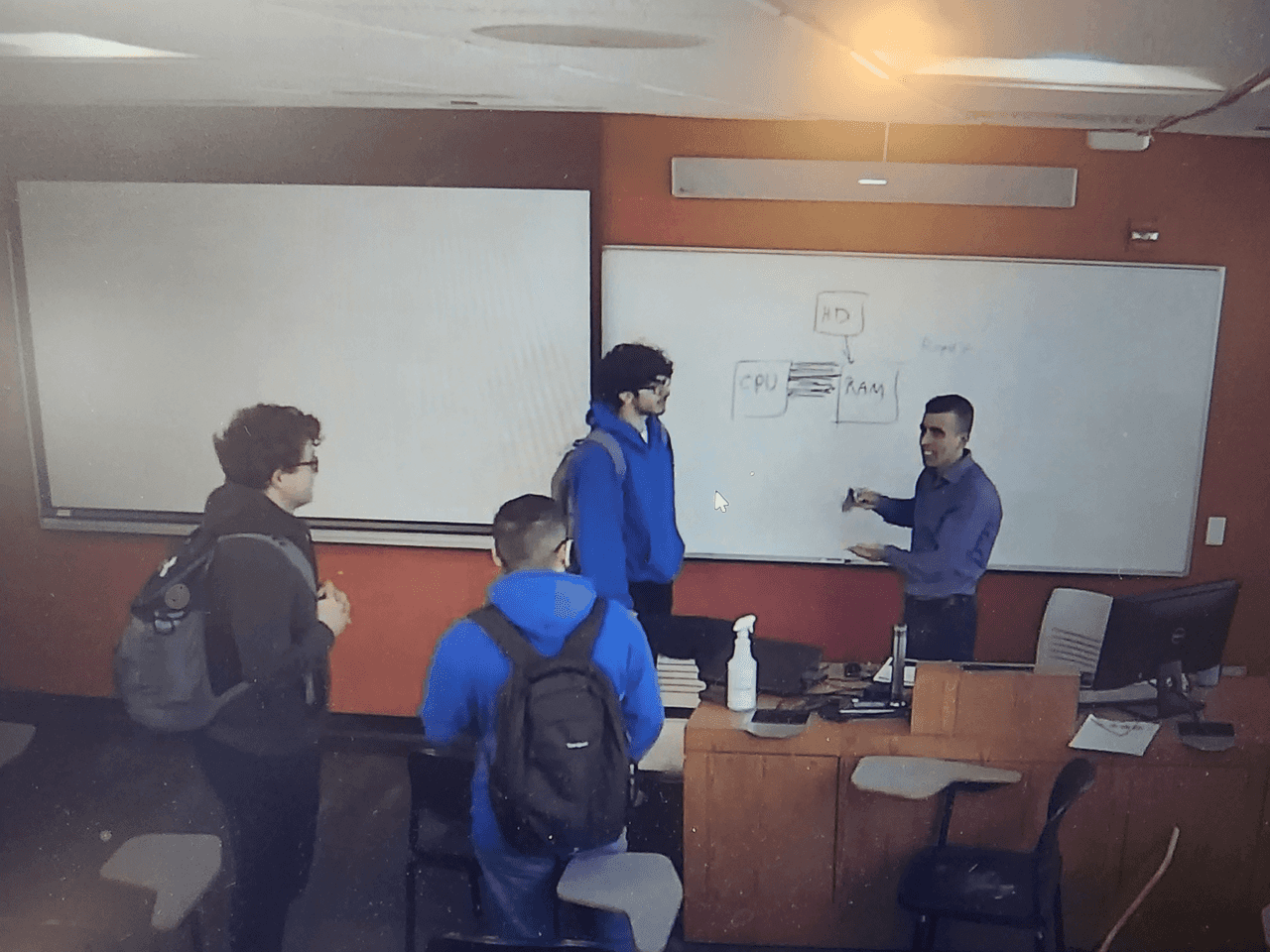
University of Auckland, New Zealand
Workshop Chair: Dr. Alan Wang, Associate Professor in University of Auckland
The Workshop on Artificial Intelligence for Biomedical Data Analysis is a comprehensive and interactive event aimed at exploring the application of artificial intelligence (AI) techniques in the field of biomedical data analysis. This workshop, scheduled for Friday, 16th June 2023, from 14:00 to 17:00, will take place at The University of Auckland's Grafton Campus, specifically in room 505-364.
The workshop will bring together researchers, practitioners, and experts from the fields of artificial intelligence, biomedical sciences, and healthcare. The primary objective is to foster knowledge exchange, collaboration, and innovation in utilizing AI for biomedical data analysis, with a specific focus on its potential impact on advancing healthcare research and patient outcomes.
During the workshop, participants will have the opportunity to explore the latest advancements and emerging trends in AI techniques such as machine learning, deep learning, and natural language processing, specifically tailored to the analysis of biomedical data. Through a combination of keynote presentations, panel discussions, and interactive sessions, attendees will gain insights into the challenges, opportunities, and ethical considerations associated with AI in the biomedical domain. To ensure inclusivity and accessibility, the workshop will be conducted both in-person and virtually via Zoom. Attendees can join the workshop remotely through a provided Zoom link.
By the end of the workshop, participants will have a deeper understanding of the potential applications of AI in biomedical data analysis, and how it can contribute to advancements in disease diagnosis, treatment selection, and personalized medicine. The knowledge and networking opportunities gained from this workshop will foster collaborations and accelerate.
Access to Workshop:
CONF-MSS 2023 Workshop -- Auckland - YouTube
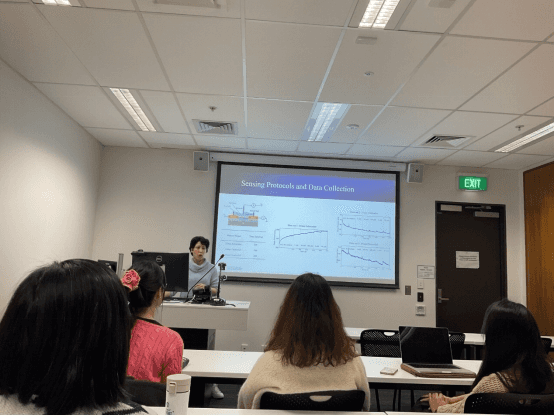
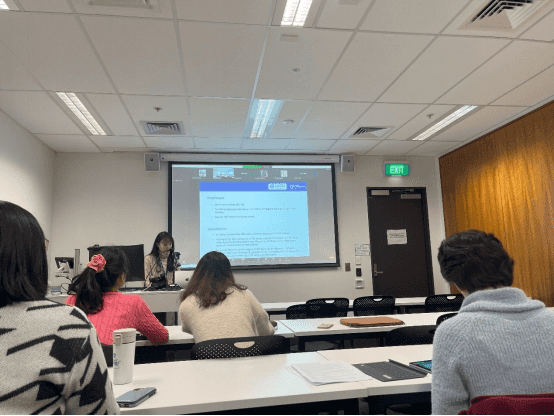
University of New South Wales, Australia
Workshop Chair: Dr. Sajjad Seifi Mofarah, Research Associate in The University of New South Wales (UNSW)
On July 7, 2023, a workshop entitled "Advancements in Material Design for Room Temperature Gas Sensors" took place at the School of Materials Science and Engineering, UNSW Sydney, Australia. Dr. Sajjad S. Mofarah organized the workshop as part of the "2023 International Conference on Mechatronics and Smart Systems." The workshop brought together 15 esteemed researchers, including honors, masters, Ph.D. students, and several academics specializing in the fields of gas sensor materials design, defects in oxide materials for sensing applications, fundamental defect equilibria, and advancements in optical, gas, and biosensing.
The workshop covered a range of topics focusing on sensor designs, including:
1. Properties of n-type and p-type materials and their sensing mechanisms when exposed to gas analytes.
2. Enhancing sensor selectivity and sensitivity through the design of n-p type heterojunctions.
3. Fundamentals of defect chemistry, encompassing charge, electronic, and redox equilibria.
4. Utilizing XRD and XPS analyses to gain a comprehensive understanding of the chemistry of doped and defective materials.
5. Design, synthesis, and development of advanced sensors based on 3D metals and polymers for detecting and measuring various gas types.
Participants gained a thorough understanding of sensor structures, operational principles, and the critical factors involved in sensing applications. The workshop emphasized the significance of physical, structural, chemical, and optical properties of materials in influencing the performance of gas sensors.
Access to Workshop:
CONF-MSS 2023 Workshop -- Sydney - YouTube
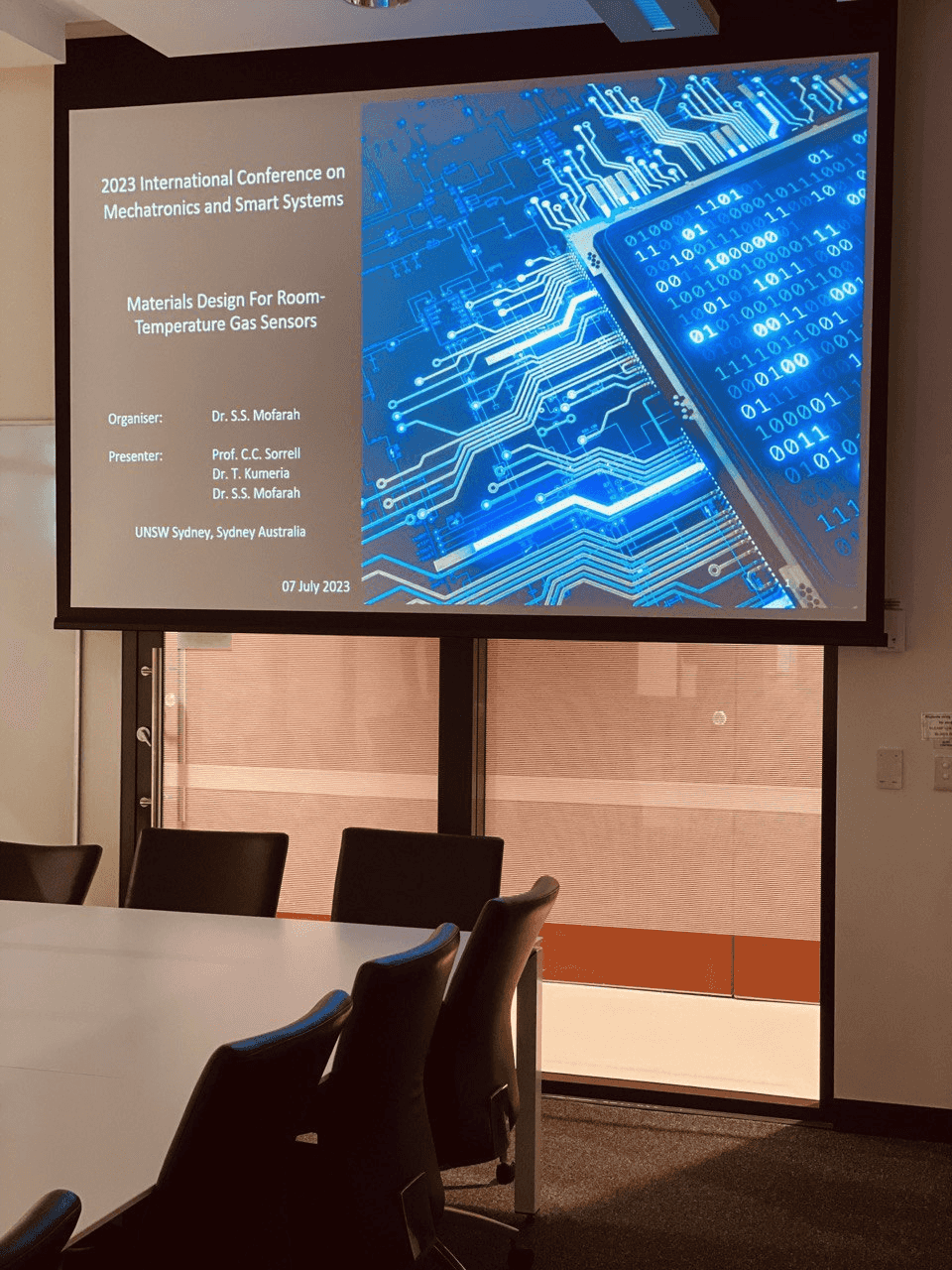
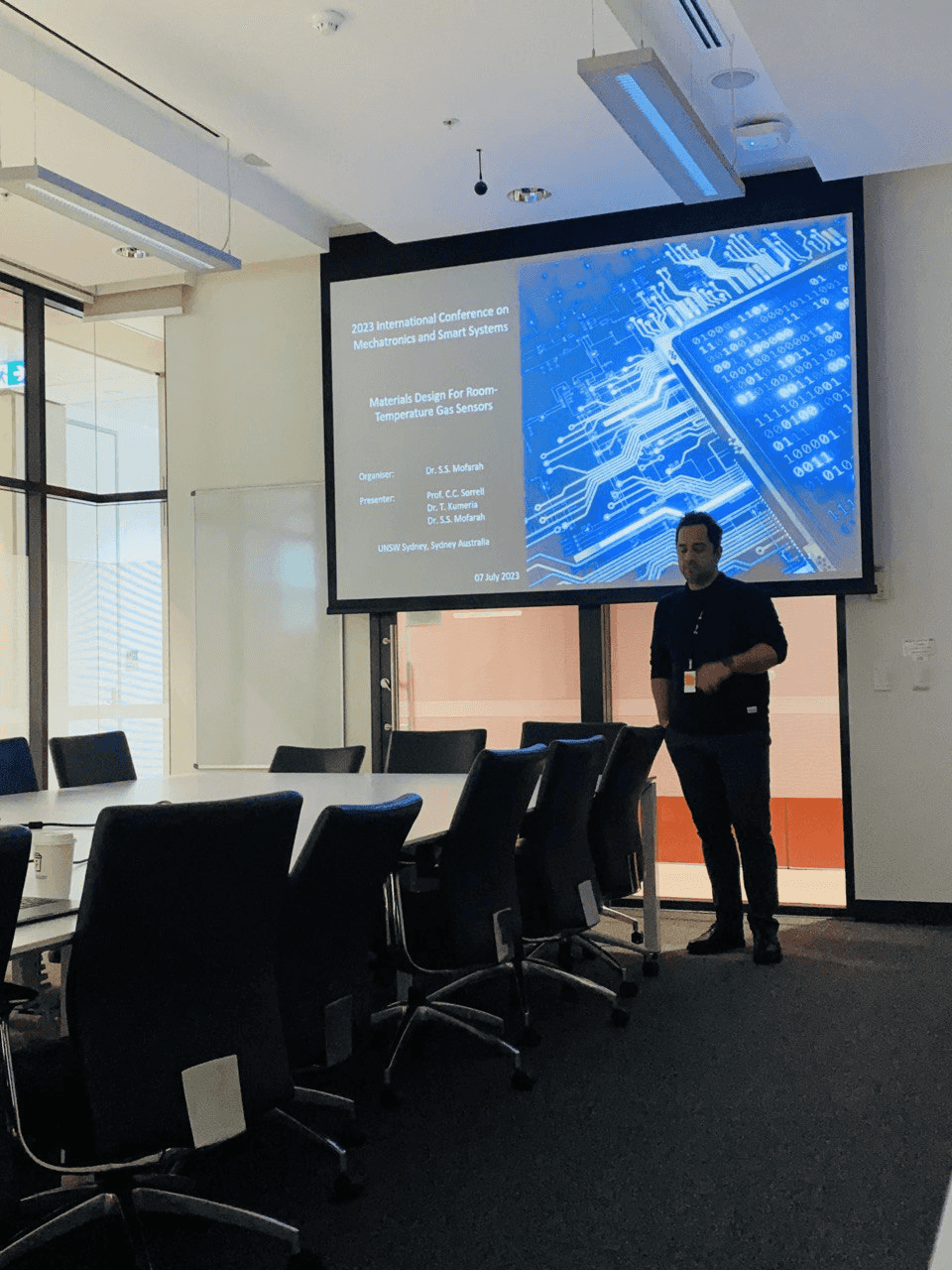
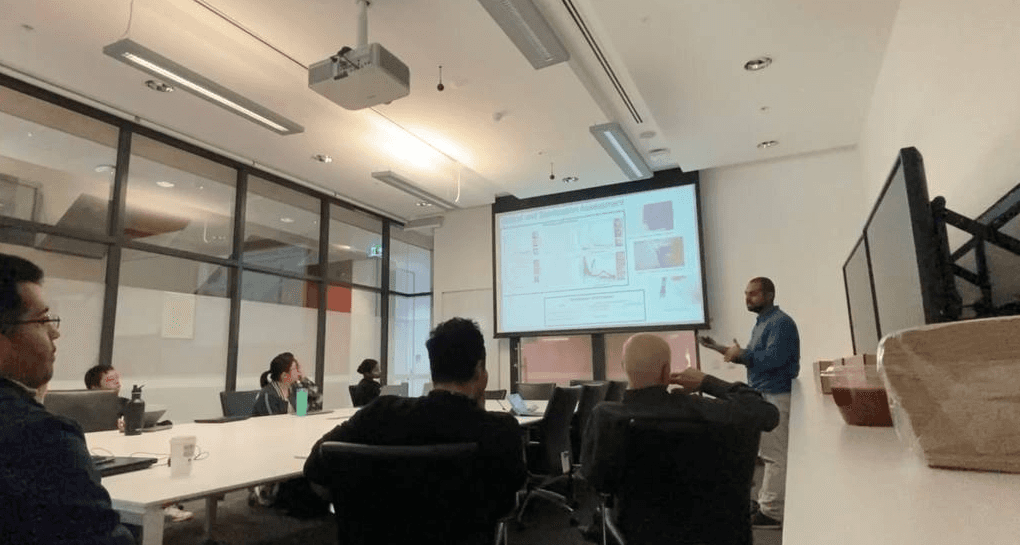
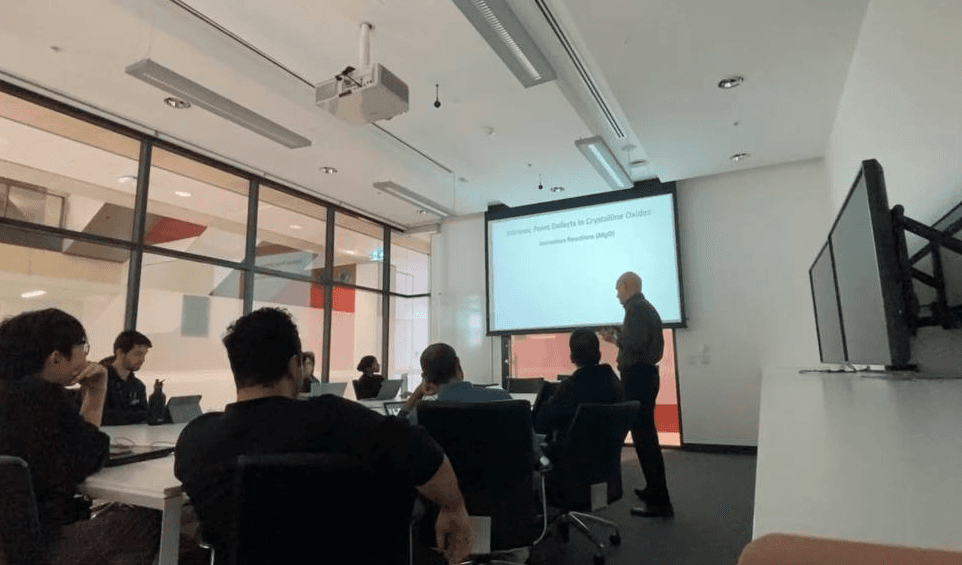
University of Strathclyde, UK
University of Strathclyde, UK
The study's objective is to use topic modelling techniques to enhance contextual advertising. Specifically, the most current Transformer model and the classic Latent Dirichlet Allocation (LDA), probabilistic model are contrasted. In order to better target advertisements, it will be evaluated how well relevant subjects may be extracted from textual data.
In the research, the concept of efficient exploitability mapping which requires mapping the identified subjects to an industry-specific taxonomy is also discussed. This mapping method aims to increase ad relevancy and target audience targeting by matching the extracted subjects with relevant categories and concepts within the industry.
The study compares the advantages and disadvantages of LDA and the Transformer model in terms of topic extraction and contextual comprehension. The methodology chosen by this study produces more accurate and informative data, resulting in better contextual advertising campaigns.
The study emphasizes how important it is to relate these extracted topics to industrial taxonomy. Advertisers are better able to connect their advertisements with particular industrial sectors with the use of this mapping, ensuring that the proper audiences see them and that they have the greatest impact.
Access to Workshop:
CONF-MSS 2023 Workshop -- Glasgow (1) - YouTube
CONF-MSS 2023 Workshop -- Glasgow (2) - YouTube
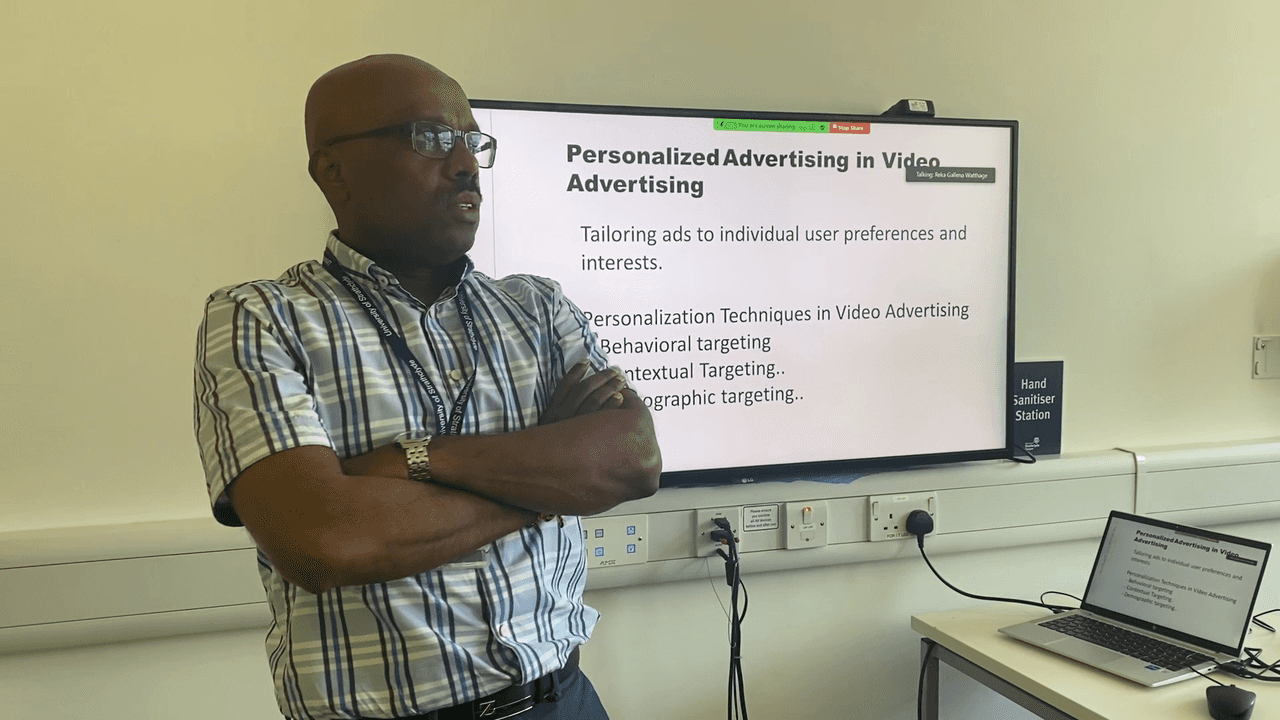
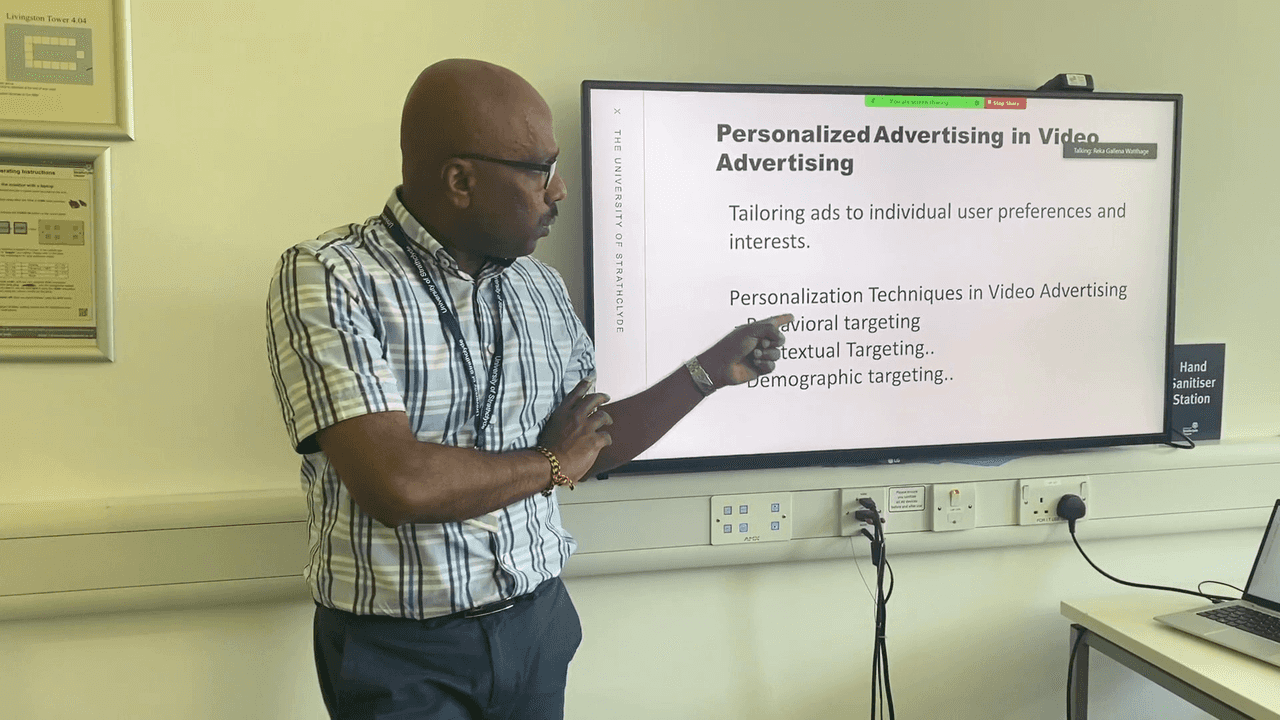
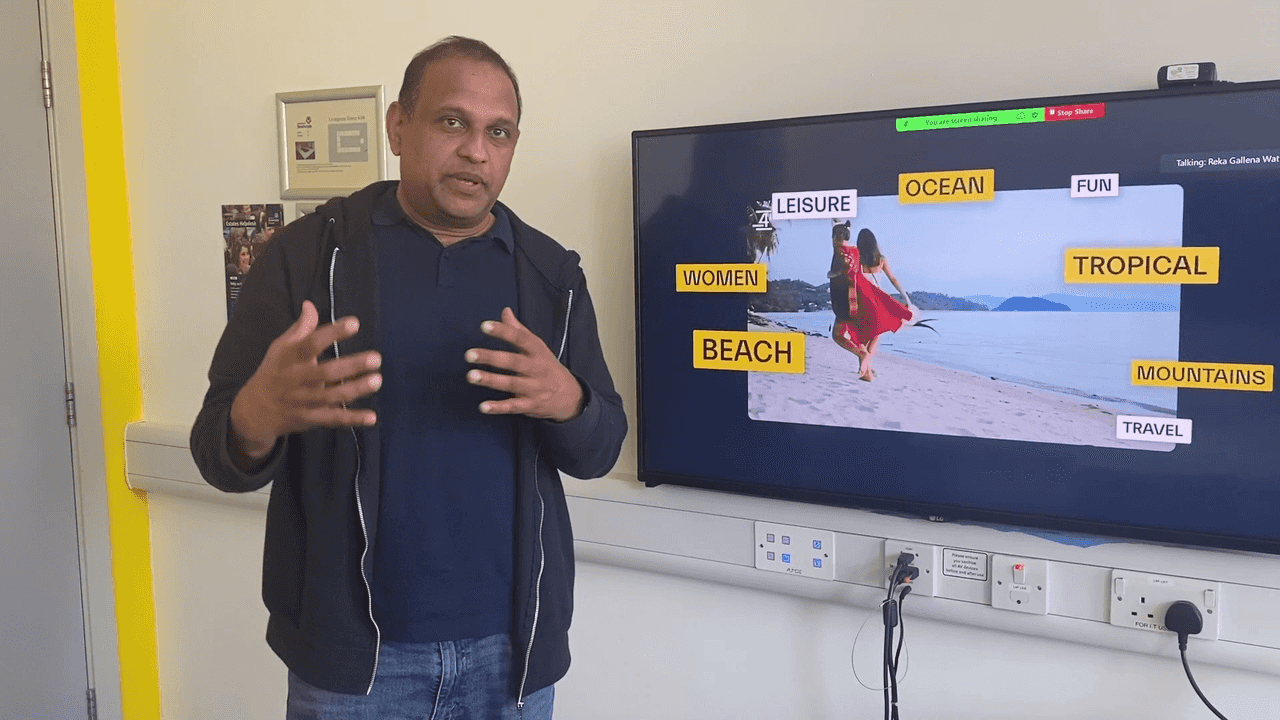
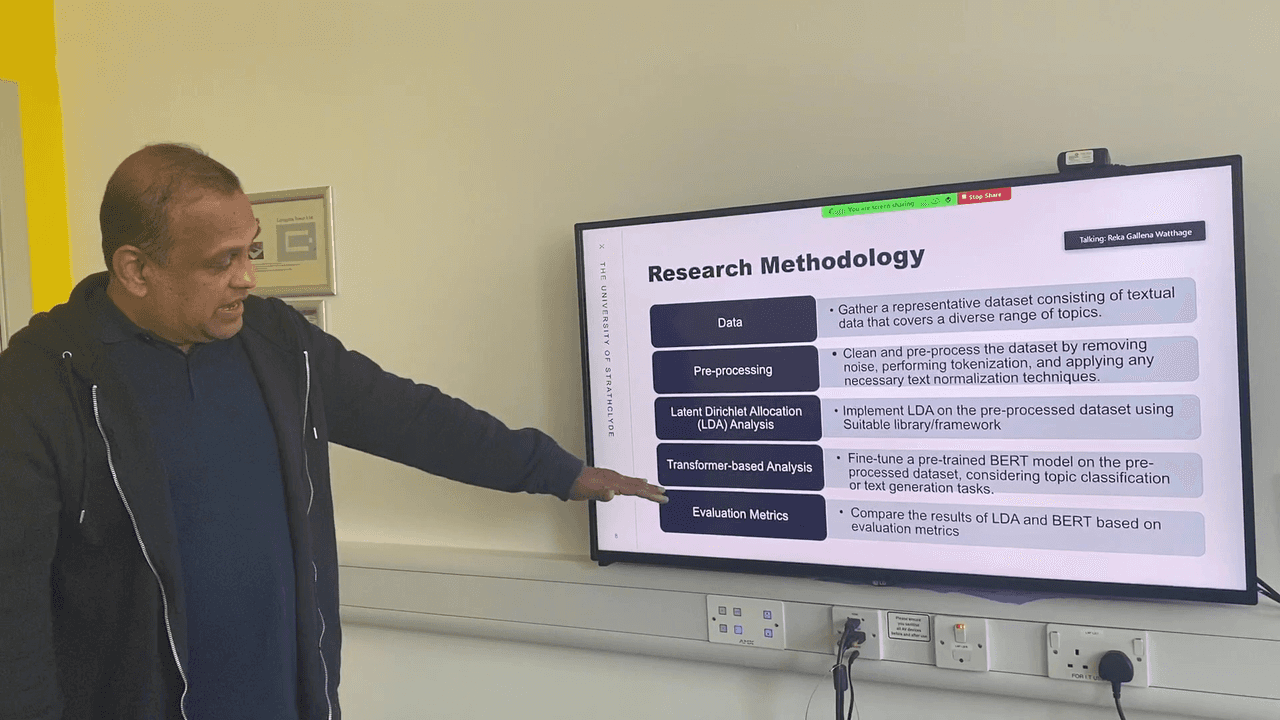
Online Session
The International Conference on Mechatronics and Smart Systems (CONF-MSS 2023) was held on June 24, 2023. Professor Achintya Haldar from University of Arizona, Professor Alan Wang from University of Auckland, Professor Michael Harre from the University of Sydney, Professor Seyed Ghaffar from Brunel University London, and Professor Marwan Omar from Illinois Institute of Technology have given keynote speeches on related topics of smart systems, materials, etc. Also, we invited authors of qualified papers to deliver oral presentations at the Online Session. Authors have presented their studies of sensors, nano-electro mechanical system, etc. Questions from the audience were collected and answered by the presenters.
Highlights
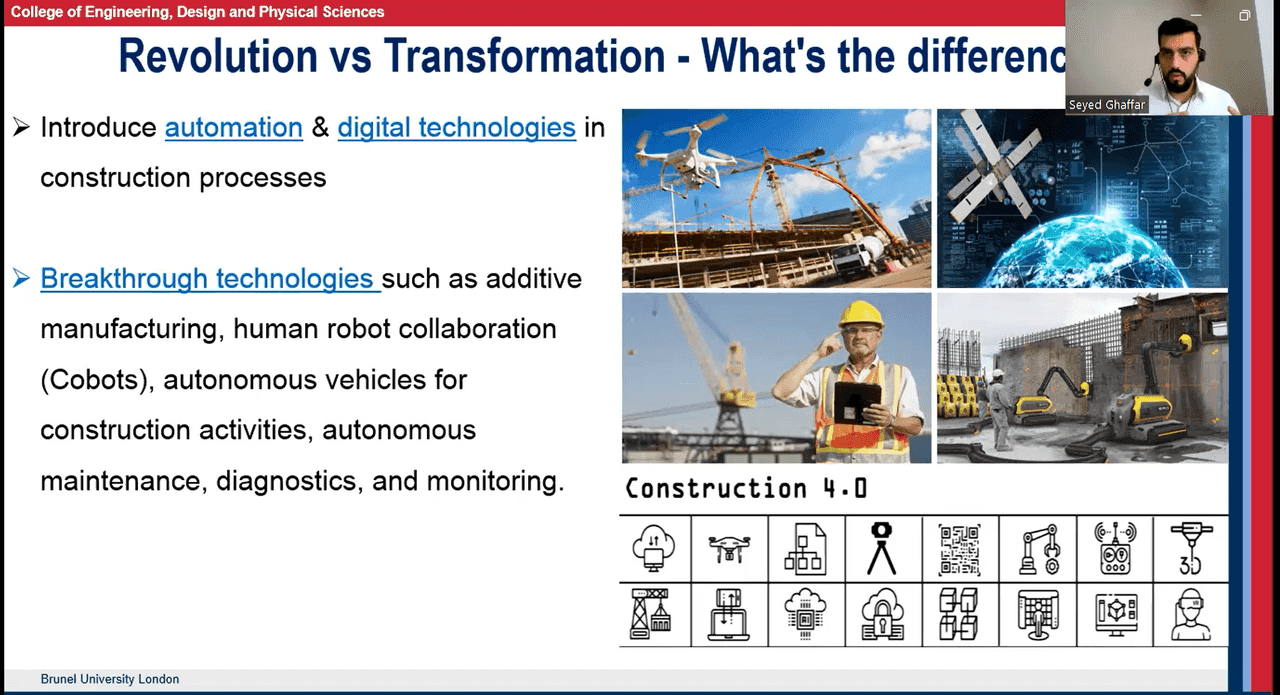
.png)
Title: Digital Fabrication of Low-carbon Concrete for Modern Methods of
Construction
Presented by: Dr. Seyed Ghaffar, Brunel University London
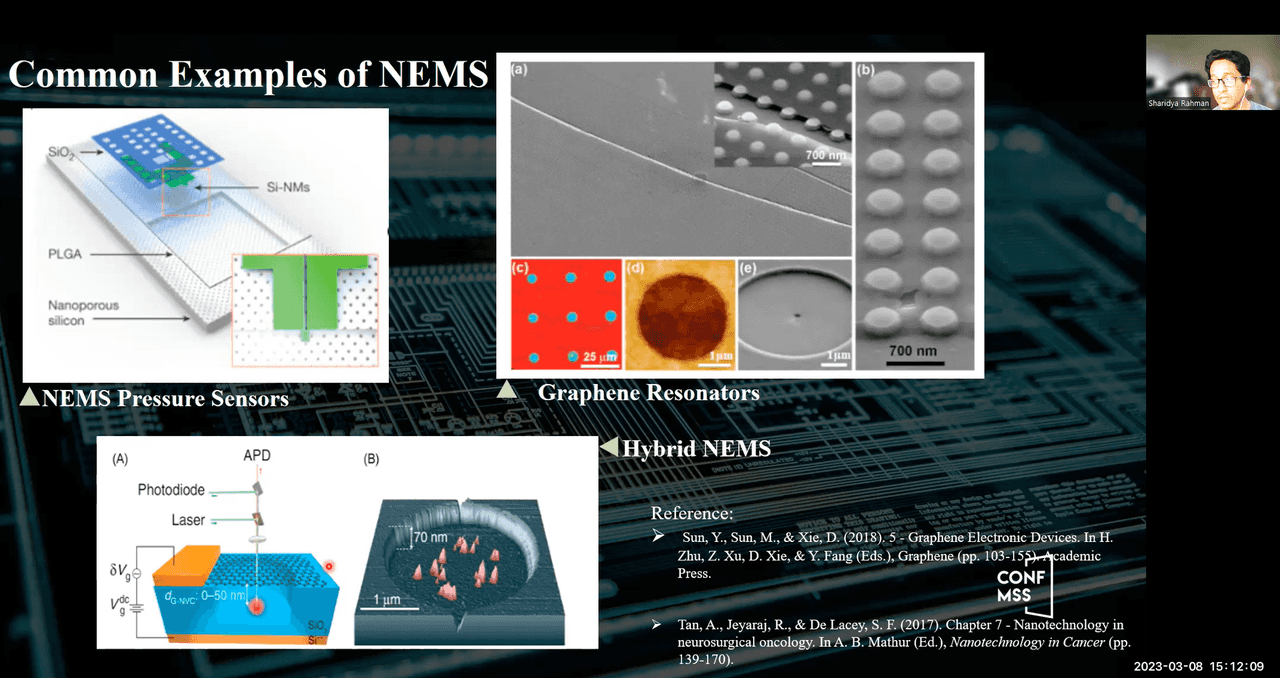
.png)
Title: Highly Enhanced Nano-electro Mechanical System (NEMS) for Microwave and
Defense Industries
Presented by: Dr. Sharidya Rahman, the Australian National University
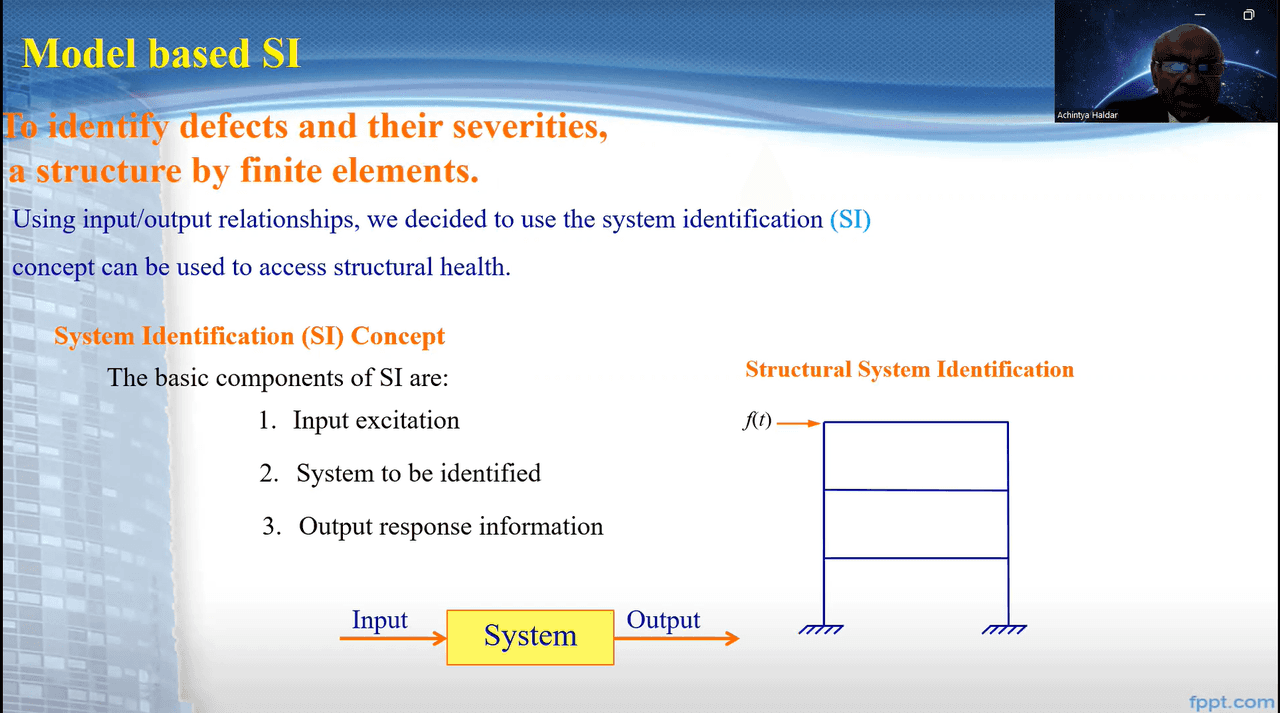
.png)
Title: Structural Heath Assessment Using Limited Noise-Contaminated Response
Information
Presented by: Dr. Achintya Haldar, University of Arizona
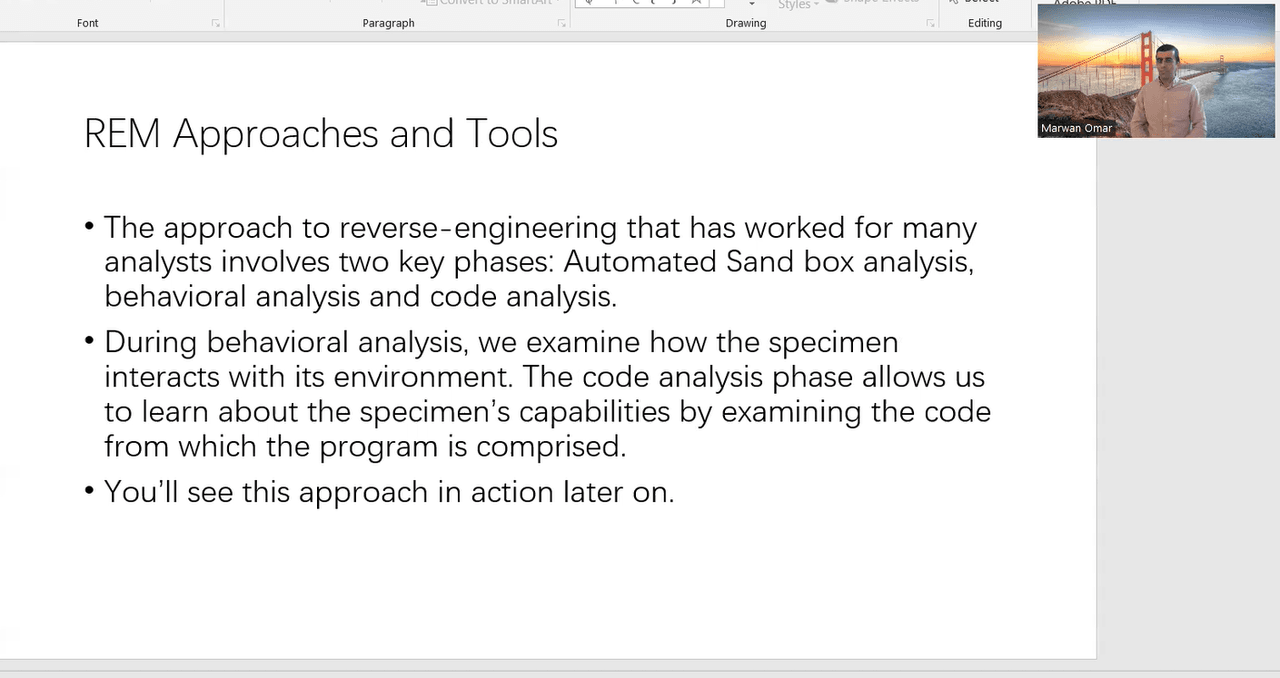
.png)
Title: Introduction to Reverse Engineering Malware
Presented by: Dr. Marwan Omar, Illinois Institute of Technology
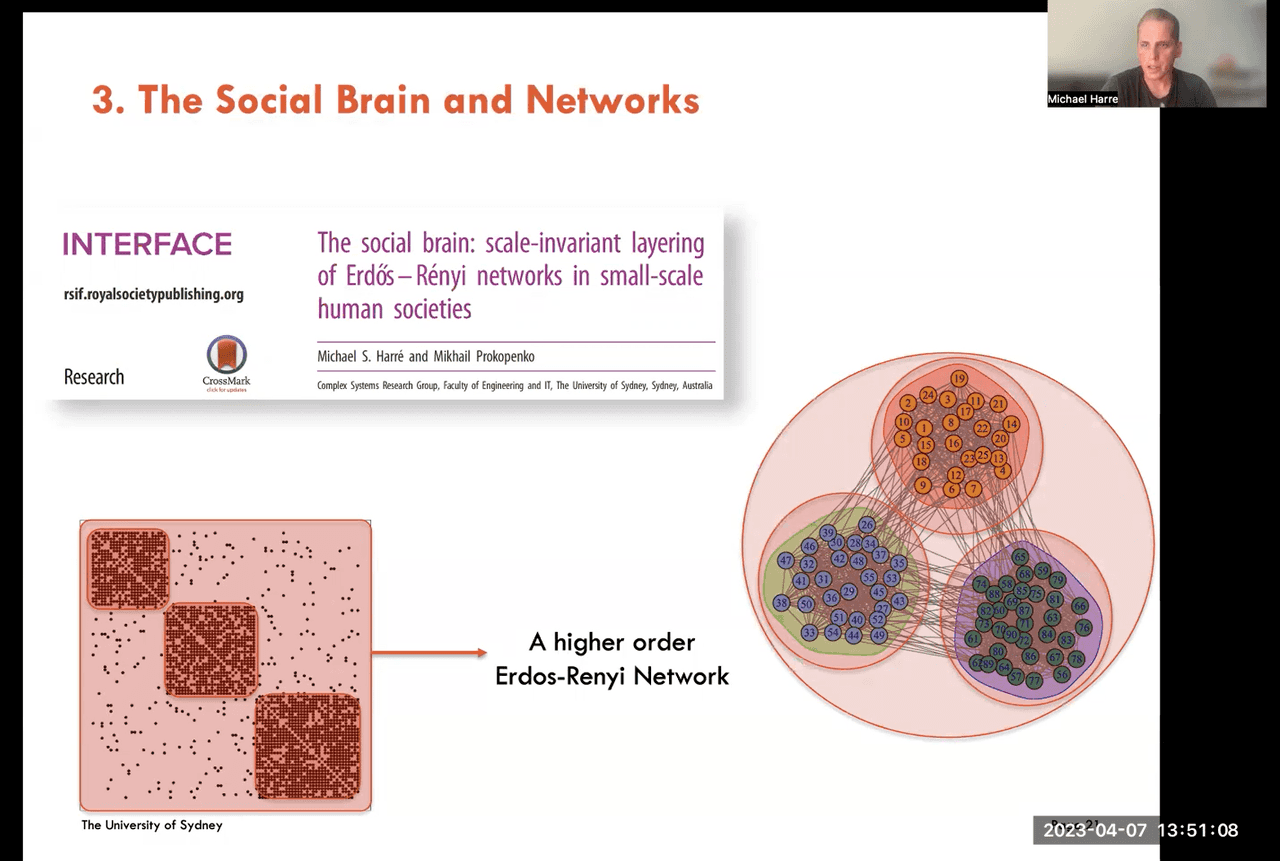
.png)
Title: Social Networks for Hybrid AI-Human Interactions
Presented by: Dr. Michael Harre, University of Sydney
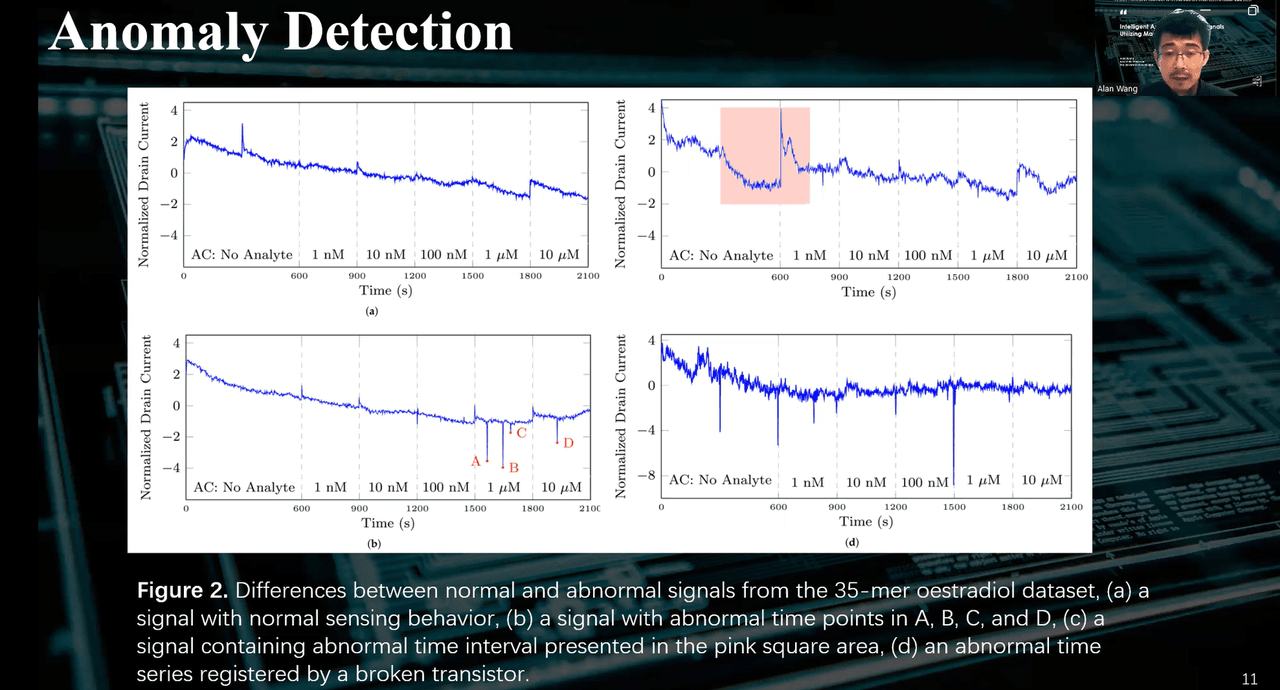
.png)
Title: Intelligent Analysis of Sensor Signals Utilizing Machine Learning
Presented by: Dr. Alan Wang, The University of Auckland
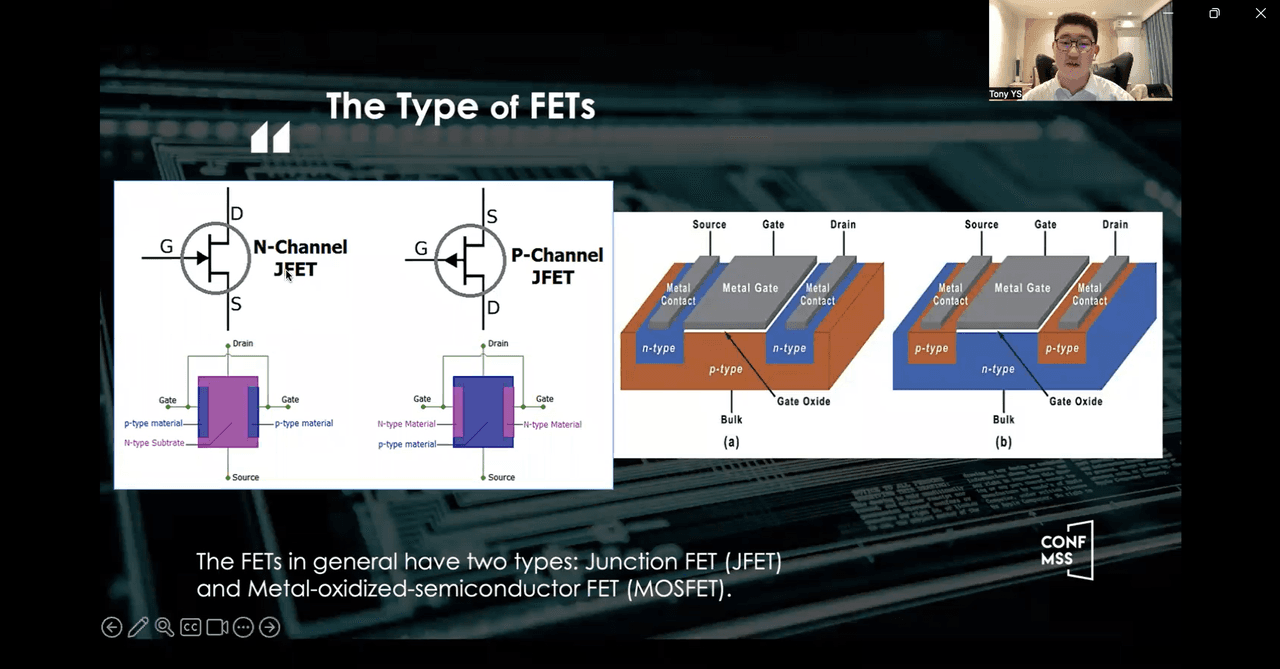
.png)
Title: Based on the Comparisons with Various Types of Transistors to Predict the
Trend of Nanotube FETs in the Future
Presented by: Mr. Yunshu Hong, Dulwich International High School Zhuhai
Videos
You can find the Youtube Playlist here.